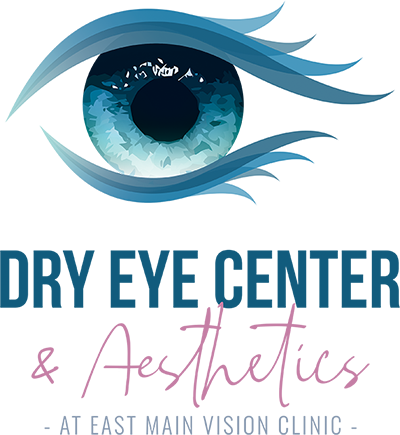March 11, 2024

Myopia is an eye condition characterized by difficulty seeing objects at a distance. It happens when the eyeball grows too long, or the cornea, the clear front cover of the eye, is overly curved. This results in light focusing in front of the retina, rather than directly on it, causing distant objects to appear blurry.
In children, myopia usually develops between the ages of 6 and 14. It is estimated that about a third of the population worldwide is nearsighted. The increase in nearsightedness in children is a growing concern, with studies predicting that by 2050, half of the world's population could be myopic.
Causes and Symptoms of Myopia in Children
The exact causes of myopia in children are not fully understood. However, it is believed to be a combination of genetic and environmental factors. Children with myopic parents are more likely to develop the condition, suggesting a strong genetic component. Similarly, environmental factors like spending a lot of time indoors and engaging in activities that require close-up work, like using electronic devices, can increase the risk of myopia.
The most common symptom of myopia in children is difficulty seeing distant objects clearly. This might manifest as squinting, sitting too close to the television, or having trouble seeing the board at school. Other symptoms may include headaches, eye strain, and fatigue.
The Importance of Slowing Progression of Myopia in Children
Slowing the progression of myopia in children is crucial. High myopia, where the condition worsens over time, can lead to serious eye health problems in later life. These can include retinal detachment, glaucoma, cataracts, and even blindness.
Additionally, myopia affects a child's quality of life. It can hamper their academic performance, limit their participation in sports and outdoor activities, and affect their overall confidence and self-esteem.
Myopia Control Interventions for Children
There are several myopia control interventions for children. These include glasses, contact lenses, and pharmaceutical treatments. The choice of intervention depends on the child's age, the severity of the myopia, and the child's comfort and ability to handle the chosen treatment option.
Orthokeratology, or Ortho-K, is an effective treatment for myopia in children. It involves wearing specially designed contact lenses overnight to gently reshape the cornea. This change in shape allows light to focus correctly on the retina, improving vision. Ortho-K has been shown to slow the progression of myopia in children effectively. It is a safe and reversible treatment option, with the effects wearing off if the lenses are not worn for a few days.
MiSight contact lenses are a revolutionary product designed to correct myopia and slow its progression in children. They are soft, daily disposable contact lenses that can be worn comfortably all day. MiSight contact lenses work by focusing light in front of the retina, slowing the elongation of the eyeball, which is the primary cause of myopia. Clinical trials have shown that MiSight lenses can slow myopia progression by up to 59% in children.
Prescription eye drops are also prescribed on occasion to treat myopia in children. Dr. Macy Santa Elena is passionate about treating childhood vision problems early. No matter the choice, you have options for treating your child and helping them succeed in their environment, her skills as an optometrist can help you navigate appropriately.
Navigating Myopia Effectively
Myopia in children is a growing concern that requires immediate attention. Early detection is crucial to slow its progression and prevent severe eye health problems in the future. Treatments such as Ortho-K and MiSight contact lenses offer effective ways to manage myopia in children.
As parents, it's important to be aware of the causes and symptoms of myopia and to seek professional help if you notice any changes in your child's vision. For more information on myopia control methods, contact East Main Vision Clinic at our office in Puyallup, Washington. Please call (253) 780-0700 or text (253) 785-6580 to schedule an appointment today.



